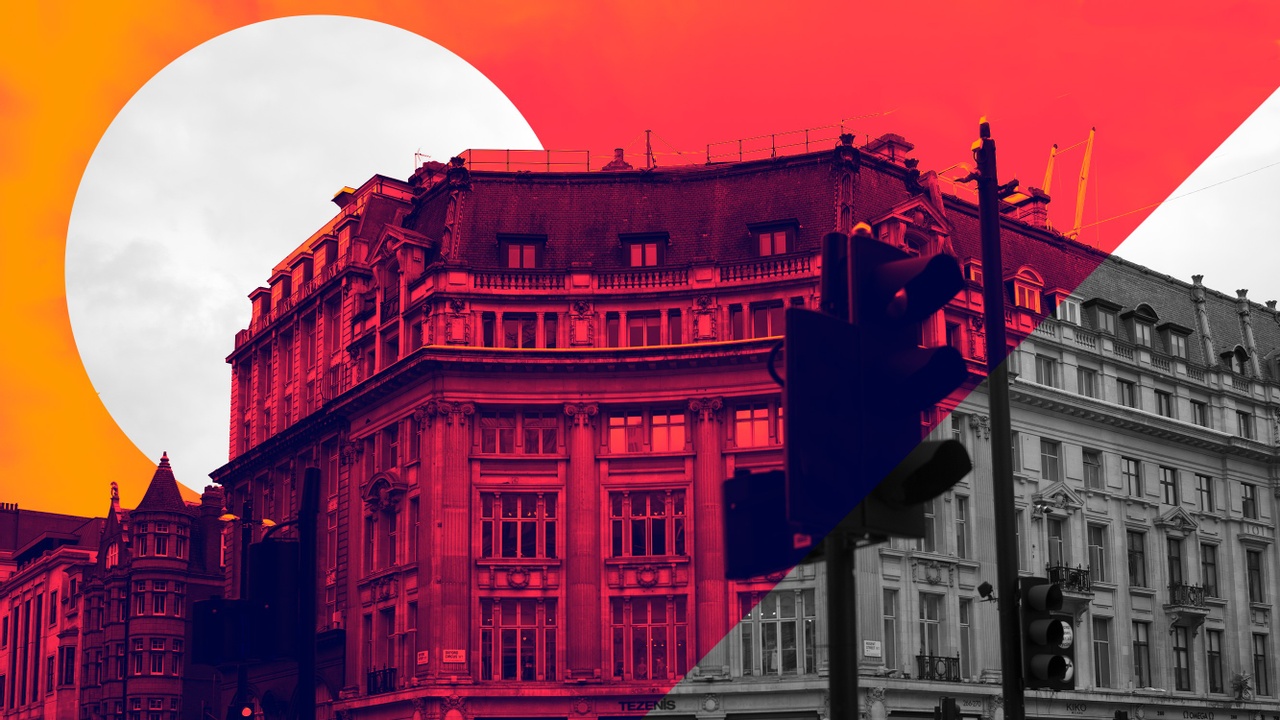
Humans find comfort and peace in order, yet we also desire adventure and have a deep-seated need to seek and create something new.
After all, it’s this hunger for adventure and creation that advances the human race, and is part of the very fabric of being human.
How do we arrive at advancement from adventure?
Innovation and creativity require stepping into chaos, not avoiding it. A bigQuest is by definition a journey into uncertainty — to create an outcome that has certainty.
But simply stepping into uncertainty — creative chaos — doesn’t guarantee a breakthrough.
First, let’s acknowledge the questions that we’ll face once we leave the world of predictability and enter the world of chaos:
- Which path should we take?
- Are we solving the right problem?
- Are our ideas good enough? Are they BIG enough?
- Can we overcome the obstacles?
Today, companies are at that place, ready for progress and change, but plans for the future are hard to pin down. Business leaders are trying to discern how to shape their company for the future, but their starting point — their baseline of order and predictability — is not the same as it was even just a year ago.
EVEN THE MOST ADVENTUROUS LEADERS FACE MINDSET CHALLENGES
Even those who are willing to journey into uncertainty are faced with a challenge of their own: lack of discretionary head-space to even try and go deeper and think more creatively.
The opportunity to work out new ways of looking at the present challenges are nearly non-existent since our industrialized and optimized brains have been more conditioned to operate at break-neck speed.
We’re consumed by the message to become more efficient, figuring out how to make more bricks with less straw…certainly not to take time and think whether or not we need more bricks.
Or even more importantly: Do we even need bricks at all?
Let’s glean some answers from those who’ve come before.
A CHANGE IN MINDSET CAN CHANGE THE ENTIRE TRAJECTORY
Let’s go back to mid-15th century Italy, during the beginnings of the Renaissance.
For hundreds of years, Italy was one of the most advanced civilizations in Europe. But after decades of war with the Huns and the Barbarians, cross-cultural marriage, famine, and the devastating toll of the Black Death, Italy lost its sense of culture, creativity, and language.
That's what happens when, over long periods, all the daylight available is channeled and focused on surviving the present moment.
When the wars stopped and the famine and Black Death subsided, Italy, for the first time in decades, saw the middle and working classes able to move beyond survival mode and regain some discretionary capacity.
It was at this time some wise leaders in government and wealthy citizens like the Medici family took on a quest to re-establish culture and identity. This is where we get the term Renaissance, which comes from the root word Rebirth.
More leadership insights: How To Lead Your Team to Accomplish the Impossible
ASKING BIG QUESTIONS CAN LEAD TO A UNEXPECTED REBIRTH
In the early stages of the Renaissance, people from all walks of life began to assemble at the town center, the Piazza del Duomo. Framing the city center were the institutions of government, church, and commerce with the marketplace. Here doctors and philosophers, clergy and laypeople would come, take their turn on a literal soapbox, and debate what they believed to be life’s three most important questions:
-
What is true?
-
What is good?
-
What is beautiful?
They didn’t start with spitballing ideas and solutions.
In fact, every new idea presented was anchored and tested through rhetoric as an answer to the three basic questions.
A great example of a company using True, Good, and Beautiful principles is the neighborhood app called Nextdoor.
APPLYING THE PRINCIPLES TO PLATFORM GROWTH
I recently had a conversation with Sarah Friar, CEO of Nextdoor, for an upcoming podcast episode. We talked about the challenges of running a neighborhood social platform, particularly with growing a user base.
Sarah is leading with purpose and has committed to keeping the Nextdoor App clean and kind. In fact, this conviction even outweighs the growth mandate.
For a new app, growing the user base is the most challenging quest, and a key function in this goal is to remove barriers to entry. When it comes to growth, friction is the enemy. Anything that slows down the sign-up process or inserts extra steps is considered a barrier that might turn away members.
Nextdoor has some friction -- you must identify who you are and where you live. You can’t be an anonymous user. This extra friction of entering your data slows the growth but is a worthy trade-off to keep the experience true, good, and beautiful.
A Quest that is guided by the 3 questions will sometimes result in hard choices that might result in a cost to you. It could also result in some of the most satisfying and enduring contributions of all time.
For instance, when these principles were applied 500 years ago, what emerged was some of the best architecture, art, and ideas. It was in this time period that Martin Luther nailed his thesis to the church door, Michelangelo painted the Sistine Chapel, and architecture was taken to a new level.
What can we learn from these Renaissance sojourners?
When we ask these fundamental questions, testing every idea and solution against them, we can set out on Quests that produce lasting, transformative change.
Learn more about questions that will help you launch your bigQUEST. Download the free resource today.
When your team works through the 5 Big Questions, you’ll have a head start on your Quest.
Have you encountered hard decisions because of your commitment to the principles of true, good and beautiful? We’d love to encourage you! Drop a comment below.

